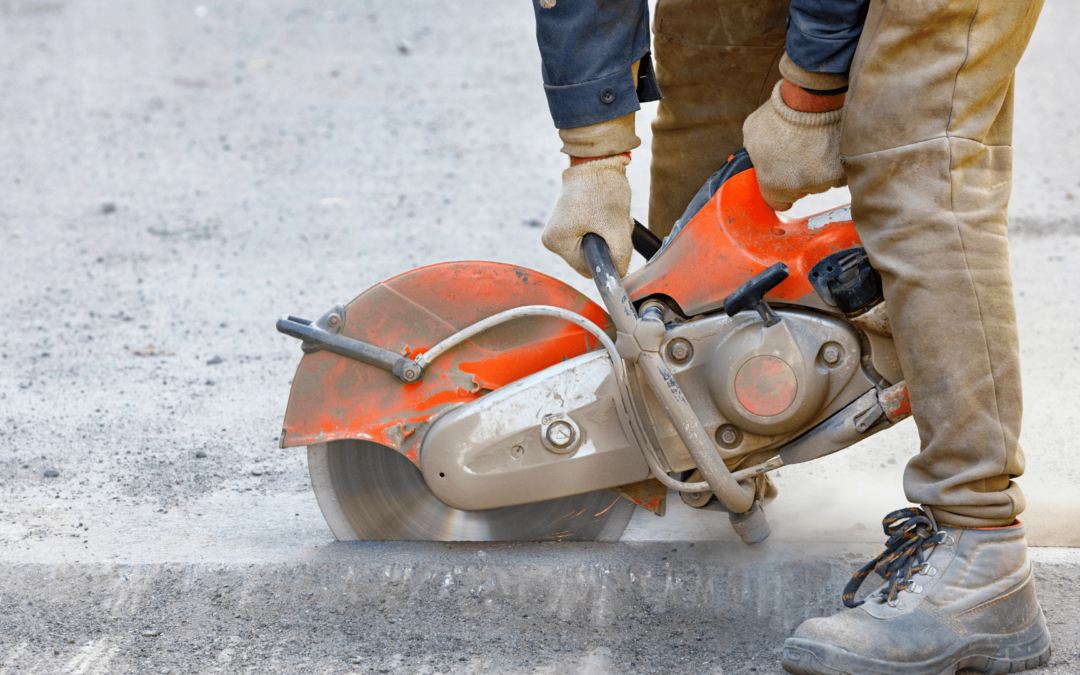Sound is a huge part of our day-to-day lives, but like everything, sound should be done and is best in moderation. An overstimulation or excessive presence of sounds threatens the well-being and hearing health of the people in surrounding areas.
This overstimulation is mostly called noise pollution, from the constant roar of traffic commuting to work to loud music at concerts or a neighbor playing music very loud. Exposing your ears to these varieties of sounds of different intensities can lead to hearing damage in the long run.
What Is Noise Pollution?
So what exactly is noise pollution, and what are its sources? Pollution is mostly used when something accumulates to high and dangerous levels in the environment. In other words, noise pollution is the cumulative of different intense sounds that can affect the health of those near the noise source. Unlike other forms of pollution, like water or soil, where the contaminants can be seen with the eye, noise pollution is invisible. This makes it the most underrated form of pollution, with its long-term effect ignored till it is too late.
Traffic, construction, industrial machinery, and even loud music in recreational settings are common sources of noise pollution. One of the biggest noise pollution issues is its pervasiveness; it is present whether you live in urban areas with traffic and loud concerts or in rural settlements with agricultural machinery, airplanes, or wind turbines.
How Noise Affects Hearing
A major effect of noise pollution is noise-induced hearing loss (NIHL), which can occur gradually over time or suddenly after a single exposure to an extremely loud noise, such as an explosion.
The risk of NIHL increases with the intensity of the noise and the duration of exposure. Noise pollution doesn’t just affect hearing and can lead to tinnitus, a condition characterized by a persistent ringing, buzzing, or humming sound in the ears.
Tinnitus can be a distressing condition that significantly impacts a person’s quality of life, leading to sleep disturbances, anxiety, and difficulty concentrating.
The Link Between Noise Pollution and Hearing Loss
The relationship between noise pollution and hearing loss is well-documented, thanks to many years of painstaking research. These studies have shown that individuals living in noisy environments are at a higher risk of developing hearing loss compared to those in quieter areas.
This is because constant exposure to loud noise can gradually weaken the ear’s ability to process sound. For example, if you work in noisy industries, such as construction or manufacturing, you are at a higher risk of hearing loss because of the constant exposure to loud machinery used on site. The same goes for people who attend loud concerts or listen to music at high volumes with headphones on.
Protecting Your Hearing from Noise Pollution
We run away from noise pollution. As civilization advances, it has become a part of our daily lives. But we can do it to protect ourselves from the noise. For example, people working in noisy environments like construction sites should wear protective gear such as noise-canceling earmuffs and ear plugs.
If you are a concert-goer, wear earmuffs to the concerts. Music should also be listened to at an average volume, especially if headphones are on.
The Long-Term Impact of Noise Pollution
The effect of noise-induced hearing is devastating and can significantly alter your lifestyle, making social communication difficult, managing responsibilities at work even harder, and relaxing in quiet environments.
Further down the road of hearing loss, we can also see other health issues, like cognitive decline, depression, and social isolation. This makes prevention humanity’s safest bet against noise pollution.
Conclusion
With the growing concern about hearing health and how to ensure that people live a full and auditory-enabled lifestyle, we can identify noise pollution as a major threat. Prolonged exposure to loud noises can lead to permanent hearing loss, tinnitus, and other related health issues.
So, it is safe to say that noise should be kept to a minimum, and people should understand its adverse effects. By learning the risks and taking proactive steps to protect your ears, you can reduce your chances of noise-induced hearing loss and maintain your hearing health for years.


